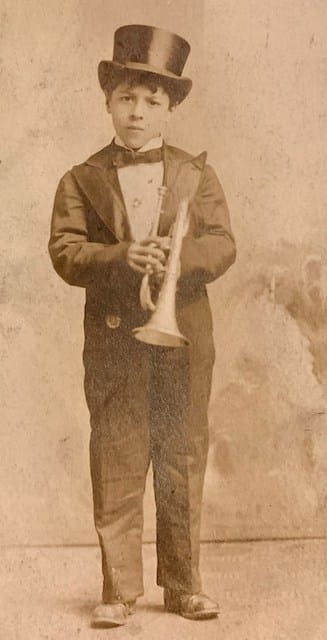Mosby’s Movies
Curtis Mosby and His Dixieland Blue Blowers appeared in five movies from 1926 through 1930, three of which were by prestigious Hollywood directors: Ernst Lubitsch; Josef von Sternberg; and King Vidor.
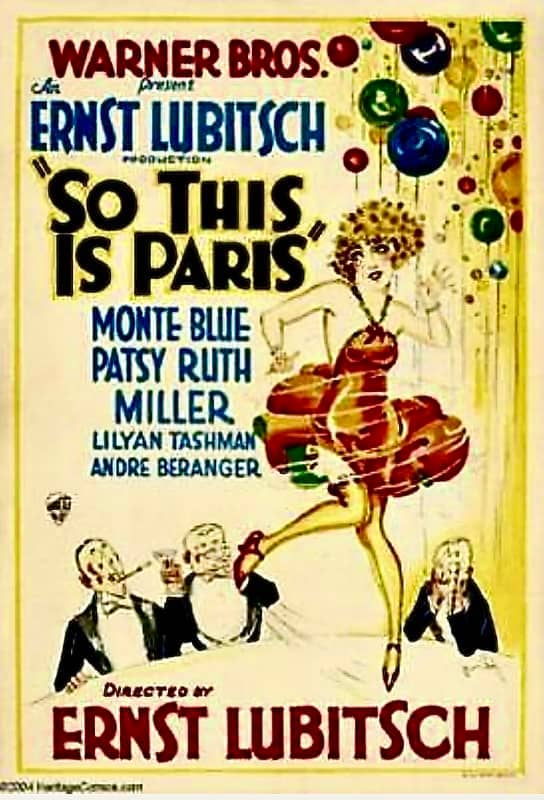
“So This is Paris” (1926) was one of Lubitsch’s first American films after arriving from Germany. It’s a typical Lubitsch comedy of manners. It involves a cheating couple who get caught when the radio announces that they have won a Charleston dance contest. Music for the contest, of course, was provided by Curtis Mosby’s band.
Unfortunately, this is a silent movie. The accompanying music for the clip below is Mosby music added after the fact.
In Josef von Sternberg’s crime and retribution drama, Thunderbolt (1929), Curtis Mosby and His Dixieland Blue Blowers play a night club band called the “Black Cat Musical Ensemble.” In the band’s uncredited—but stylish—scene, the Dixieland Blue Blowers are mostly heard and not seen, playing to a dance routine, and then backing up singer Theresa Harris. In real life the Mosby band would often fill similar roles, playing behind the curtains or in the band pit, while backing up other performers. “Daddy Won’t You Please Come Home”, sung by Harris, is a Sam Coslow song penned for the movie, first recorded in 1929, by Annette Hanshaw.
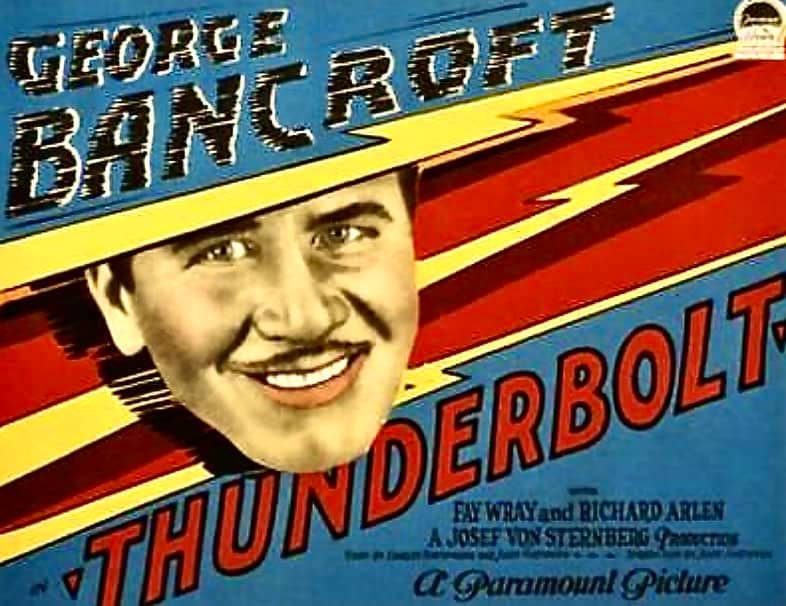
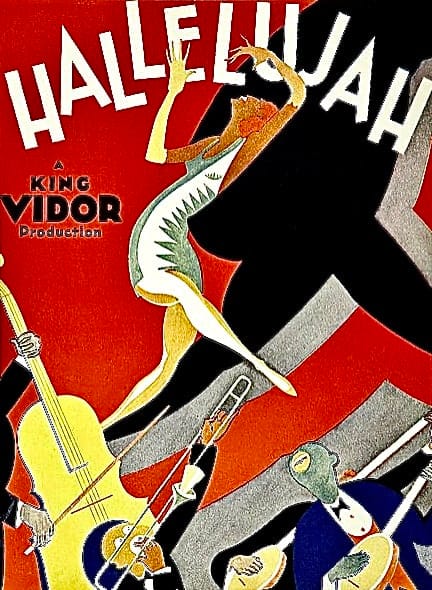
Hallelujah (1929) is King Vidor’s masterpiece from the early talkies era. It’s touted as that rarest-of-rare in early Hollywood, the “all-Black cast” movie. And it was punctuated throughout with great music. The remarkable honkie tonk scene below is a showcase for the then 17-year-old Nina Mae McKinney in her first movie, playing the role of a prostitute. Curtis Mosby and His Dixieland Blue Blowers back up McKinney on “Swanee Shuffle”, a song written for the movie by Irving Berlin. Again, the Mosby band is uncredited, and can hardly be seen on the smoke-filled dance floor. But if you look carefully at the bass drum you will see lettering of “Mos—“. And if Curtis Mosby and His Dixieland Blue Blowers performed like this all of the time, it becomes easy to understand why their popularity lasted so long.
Music Hath Harms (1929) is a twenty minute musical short with an all-Black cast made for Black audiences featuring Spencer Williams, Jr. Beginning at the 7:20 mark is the start of the music and dance scene featuring Curtis Mosby and His Dixieland Blue Blowers. If you look at the part of the band on the right side of the screen, you will see Mosby, himself, behind his set of drums doing some drumstick gymnastics. At 9:19 begins another sequence featuring the Mosby band. At 14:48 the band is again shown playing. At 16:18 is a great shot of Mosby playing his drums.
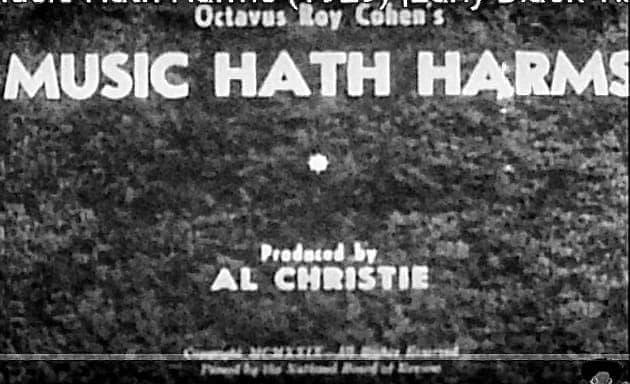
The last movie for which Curtis Mosby and His Dixieland Blue Blowers provided music was Minstrel Days (1930). It was a a movie short, apparently a two-reeler made by Vitaphone, revolving around a musical theme. Sadly, no copy of this film could be found on the Internet.
